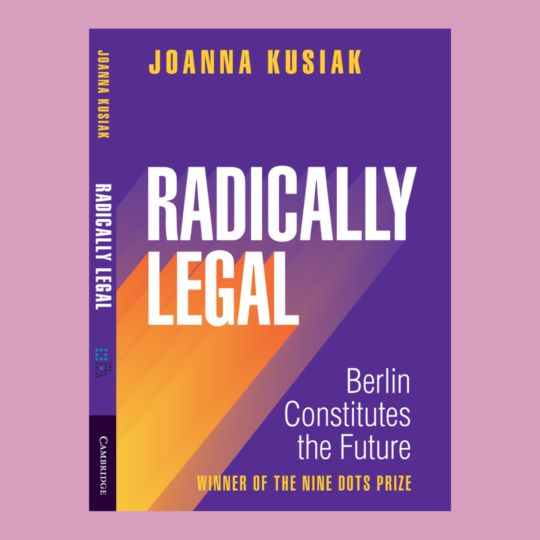| 9 Mar 2015 | 12:30pm - 2:00pm | CRASSH Meeting Room | |
- Description
Description
Part of the CRASSH Fellows Work in Progress seminar series. All welcome, but please email Michelle Maciejewska if you wish to attend and to request readings. Sandwich lunch and refreshments provided.
My current research employs a method of conceptual analysis set out in Peter de Bolla’s The Architecture of Concepts (Fordham, 2013) to examine David Hume’s possession and use of the concept system in The History of England (1754 – 1761. After a brief explanation of the structured account of concepts that I will be adapting from de Bolla, I will survey uses of the word ‘system’ throughout the History, assessing these in the context of the flourishing stadial and philosophical histories of the latter eighteenth century. Whilst I begin by close-reading Hume’s uses of this most suggestive term for eighteenth-century historiography, I wish to move beyond hermeneutics to undertake systematic assessment of the concepts implied by the words that Hume uses. I wish ultimately to show how, despite apparent lexical and semantic concurrences across Hume’s uses of the word ‘system’, two discrete concepts are operating in the History when this word is used. I seek to illustrate how the different structuration of these concepts should attenuate our understanding of connections between the concepts liberty and government in Hume’s late thought.
System is for Hume not only something that he observes in the painful contractions of the nascent English civil society in the History: it is a means by which he understands those contractions. This is a crucial distinction: system is concept: a way of knowing and understanding, and not merely a noun signifying the arrangements of parts within a superordinate assemblage. For this reason, a systematic account of the concept system— how it shapes cognition and intellection, its internal structure, and how the concept is suspended in a network of other concepts with and without historiographical currency in the period— allows us to apprehend the ways of knowing that enabled Hume to account for England’s development from feudal to commercial stages as he writes at the turn into the 1760s. While his words represent and indeed offer a crucial means of understanding Hume’s thinking, disaggregating concepts from words, (a difficult but valuable uncoupling), allows us better to describe the ways in which Hume renders historical progress intelligible. This contention is a guiding principle in this work.



